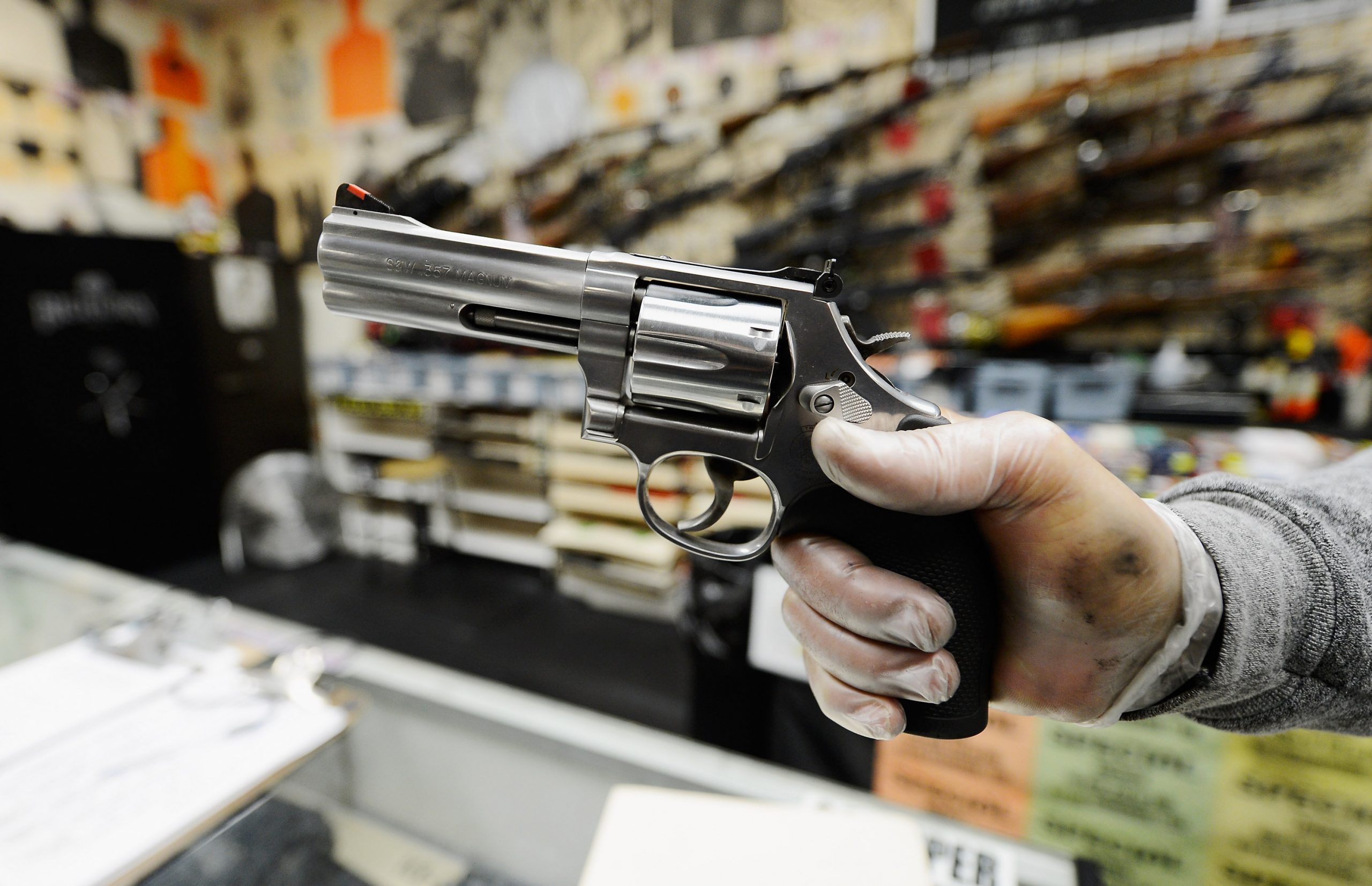Good morning, Bulletin readers. On opposite coasts this week, one city worried about the compounding harms of coronavirus and gun violence, while anti-violence leaders pleaded with politicians to preserve public dollars for prevention programs as the economic damage sets in. We’ve got those stories and more in your Friday roundup.
Receive this daily news briefing by email every morning. Sign up here.
WHAT TO KNOW TODAY
Where shootings persist, hospitals suffer a double blow. It’s too early to know the macro effects that the pandemic and its byproducts – less crowded streets, spiking gun sales, economic strain – may have on gun violence rates. But in Philadelphia, where shootings are up more than 20 percent this month, the editorial board of The Philadelphia Inquirer is sounding the alarm about the way the two problems can collide in cities where gun violence is frequent and hospital beds are becoming scarce: “…The coronavirus has the potential of making gun violence more deadly,” the editors wrote, “not just because it limits violence interventions, but it forces gunshot wound victims to compete for essential health services with COVID-19 patients.”
Gun violence prevention advocates look to preserve critical government funding. Unable to appeal to lawmakers in person, the gun reform group Giffords arranged a video call during which community-based anti-violence groups in California lobbied state lawmakers to maintain funding for the state’s Violence Intervention and Prevention grant program. Legislators approved $30 million for CalVIP last summer, more than tripling the previous year’s investment. As The Trace has reported, CalVIP supports organizations that seek to reduce violence among black youth through mentoring, education, job training, and therapy.
California’s governor to local officials: It’s up to you whether gun stores stay open. Gavin Newsom’s stay-at-home order didn’t classify firearm retailers as “essential critical infrastructure workers,” leaving some officials trying to force stores to close, while others allowed them to continue operating. On Wednesday, Newsom said his administration will continue to leave those decisions to local law enforcement.
We’re tracking how coronavirus shutdowns are affecting gun dealers. Among the latest developments:
- In Delaware, Governor John Carney amended his emergency order to allow gun sales by appointment after Second Amendment advocacy groups decried state efforts to close down gun stores.
- In Rhode Island, Governor Gina Raimondo reopened shooting ranges on a limited basis after a local gun rights group slammed the loss of training for first-time gun owners.
- Mississippi joined the list of states declaring gun and ammunition sellers to be essential businesses as Governor Tate Reeves overrode local closure orders.
As gun sales boom, one sheriff offers virtual safety class. The sheriff of Bucks County, Pennsylvania, outside Philadelphia, partnered with the National Rifle Association to offer a “new shooter seminar” on Facebook. “I understand we’re in a very uncertain time and a lot of people are scared and they’re fearful for their family,” he told local outlet KYW. “If you’re not 100 percent comfortable with it, don’t buy [a gun] just because you think it’s what should be done.” ICYMI: The Trace’s Alain Stephens, a military vet and longtime gun owner, wrote a primer on the dos and don’ts of keeping a firearm in the house.
South Dakota’s governor signs legislation relaxing gun laws. Among the seven gun-related bills enacted by Republican Kristi Noem are measures that allow residents to carry guns on motorcycles, ATVs, and snowmobiles; allow minors to possess pistols at home, during gun safety courses, and when hunting; and give counties the option of allowing concealed guns in court buildings.
DATA POINT
Up to 32 percent of youth firearm deaths could be prevented with safe gun storage, a 2019 JAMA Pediatrics study found. But as The Trace has documented, only a handful of states have laws requiring gun owners to lock up their weapons.

